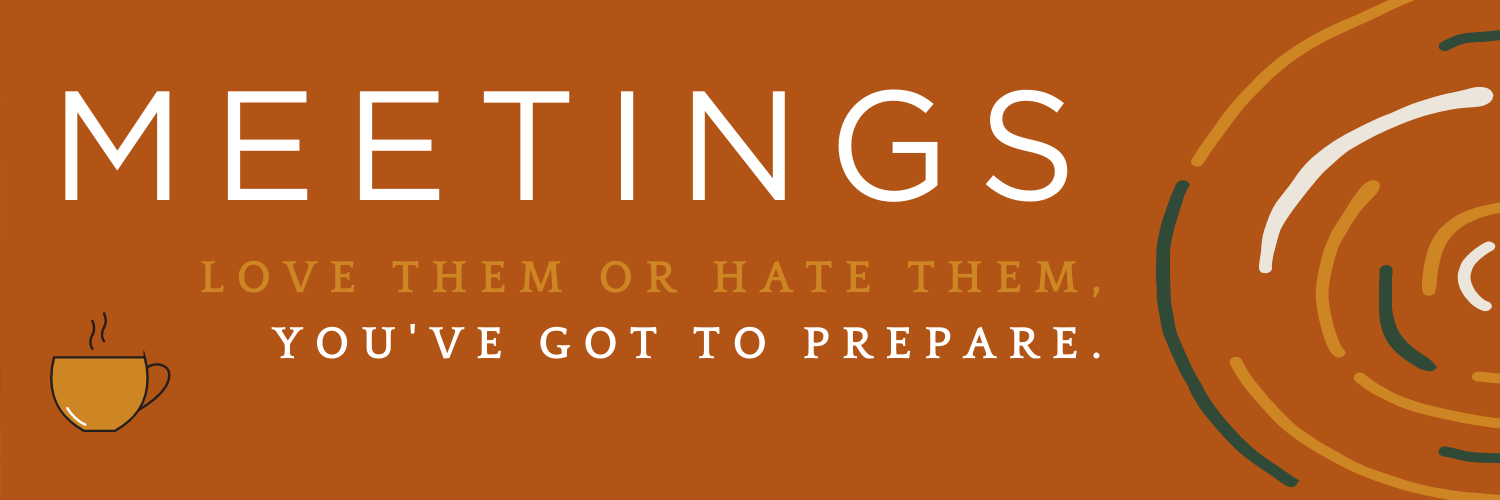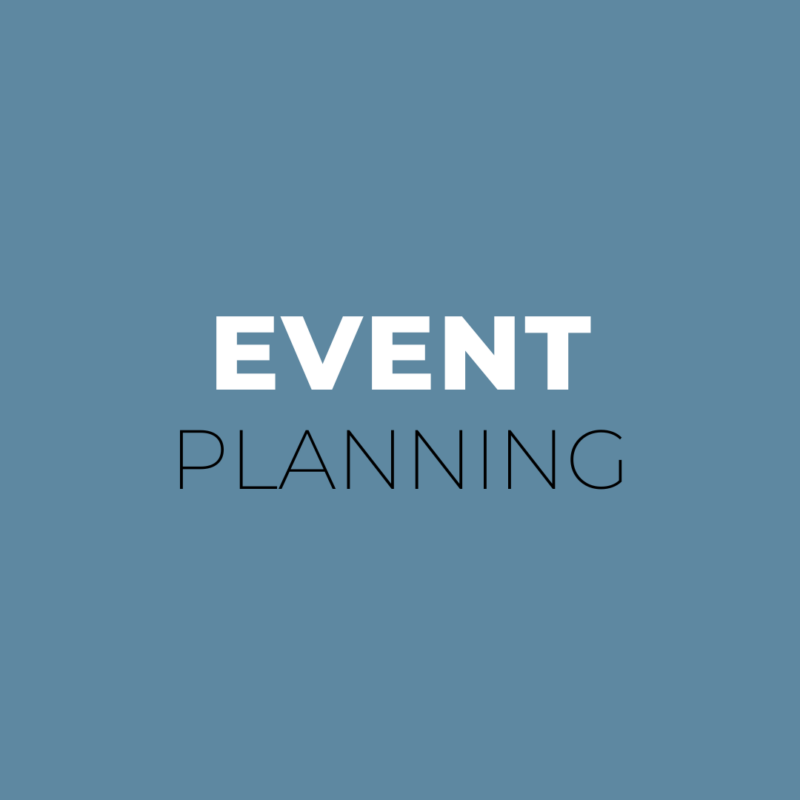Meetings: Love them or hate them, you’ve got to prepare (and other tips)

An overwhelming response from our team was to take a look back. That is, take a look back at the work you’ve been doing since your last meeting and gather updates, such as successes, status reports, questions and any items that still need approval. Reviewing previous and current work can help keep things moving forward and reduce anything that may fall through the cracks in between meetings. And, it’s often how many people create agendas. This may seem like an obvious tip, but we also know everyone is very busy, and sometimes, we rush into meetings without taking time to really prepare.
Do your research. Whatever your role in the meeting may be, be an expert on what you are responsible for. Do any research on a topic necessary so that you can speak intelligently and confidently be able to respond to questions. Simple.
Tackle technology. As much as technology makes things so much easier and looks a little nicer, it can, and at some point, will fail you. One tip is to pull up any website links you need access to while you are still connected to WiFi in case you lose connectivity during a meeting. It can be distracting to have to figure out how to get back on or pull info all while maintaining the flow of the meeting. Also, always have a backup. If you are “Zooming” on your laptop but don’t have the best internet connection in your neighborhood, prepare to launch the meeting from your phone ahead of time just in case you need to switch devices.
Beyond preparing, the Obsidian team also noted how important it is to be engaged and reduce distractions during meetings. If you took an interpersonal communication class in college, you likely studied how to be a good listener. Listening and being engaged in a meeting is critical – it’s then that we are able to hear tone, read body language and catch important details and comments that can totally shift future work. It also helps to eliminate mistakes. Don’t let distractions keep you from missing important pieces of information. Use features like Do Not Disturb on iOS devices or handwrite notes while leaving your computer nearby if needed.
Overall, meeting success does depend on preparedness. But it can also hinge on what happens during the meeting itself. Don’t let a mediocre meeting throw off your future work, though. Be sure to follow up after the meeting with a recap and any lingering questions. To wrap it up, do you ever find yourself asking, “why didn’t I do that?” Here are a few pro tips our team has experienced a time or two.
Meeting tips you wish you had thought about:
- Bring your own water! It can be so uncomfortable to need water and not have anything to drink, especially during a long meeting.
- Make it more personal. Zoom and phone calls with people you don’t know are tough. Trying to lighten the conversation and talking about things other than PR or the task at hand both help us get to know each other better in the digital environment. Take a moment before the meeting gets started to connect with people on a personal level rather than diving right into business talk.
- Pause. Don’t be afraid of a little silence. Oftentimes, if someone stops speaking for a moment, they may continue with valuable comments if you give them a few seconds. You don’t always have to jump right in to fill the silence. Hear them out!


